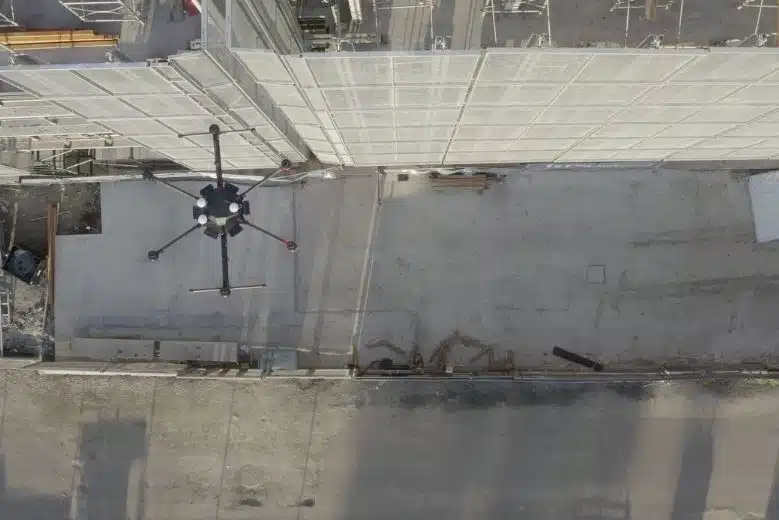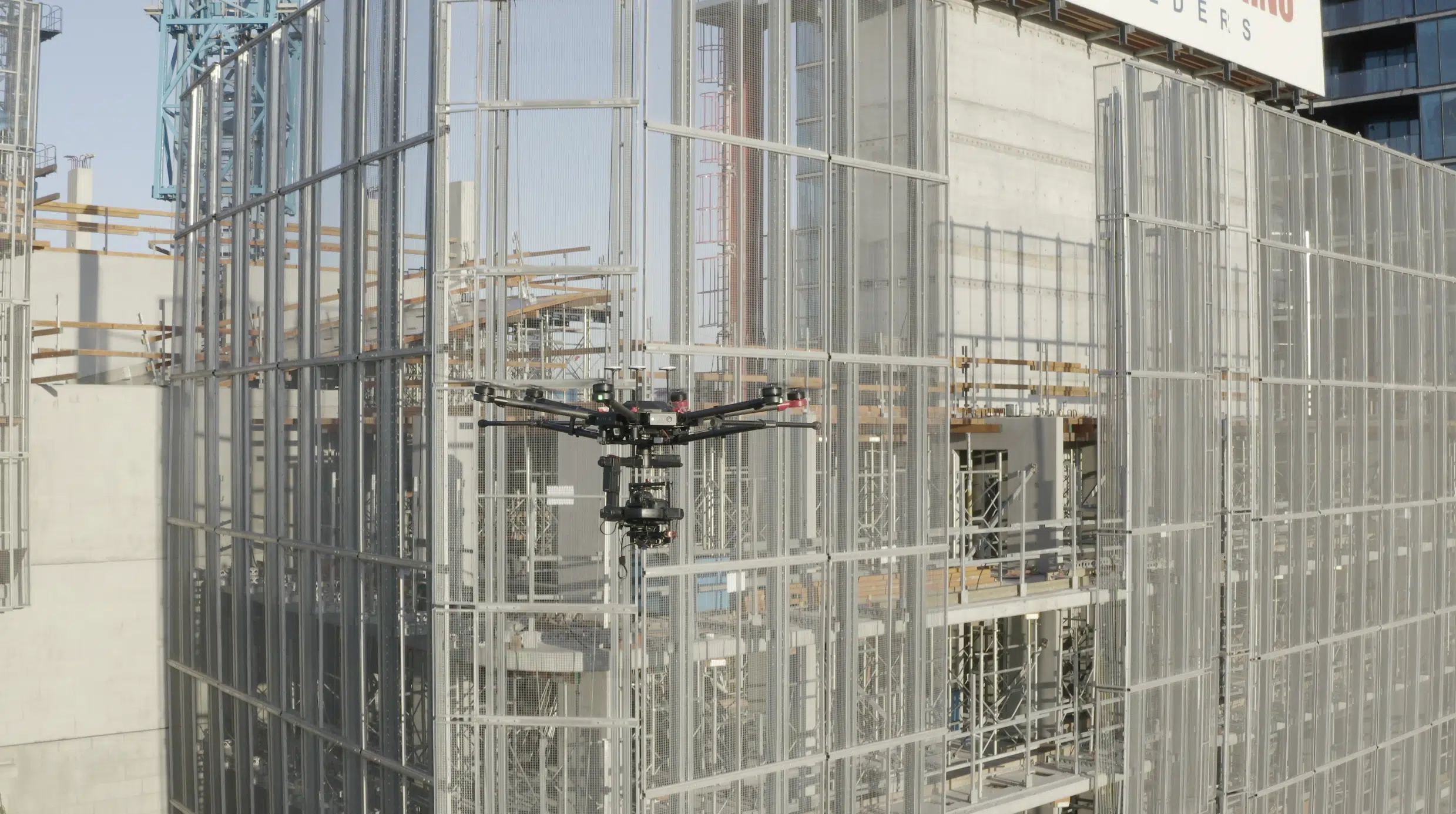
Drones have become extremely popular in Australia, especially within the AEC (Architecture, Engineering and Construction) sector. More and more businesses are turning to drone technology for collecting site information, inspecting on-site activities, and improving worksite safety.
However, you can’t just fly a drone anywhere. In fact, you’ll need a drone pilot license from CASA to obtain suitable insurance and fly commercially, in most instances. Plus, depending on the location, you also might need to obtain special approvals and permissions to fly drones over the area.
Operating drones also requires some technical skills that you can’t learn overnight. Although these flying machines are easy enough to get airborne, they can turn into a serious liability, for you or your employer, in an instant.
Table of Contents
On-site damages, destruction of property, and even injuries are some legitimate concerns people have about drone use and misuse.
And nobody really wants to deal with a lawsuit over a drone crashing into a neighbourhood area.
So, what is the answer?
Three words – Commercial Drone Insurance.
Let’s learn more about commercial drone insurance, and why you need it for your construction project and how to get the right cover:
Civil Aviation Regulations for Flying Drones
CASA (Civial Aviation and Safety Authority) is a government body that regulates aviation activities in Australia and has 2 categories for drone licences in Australia,
Remote Operators Certificate (RePL)
You can fly a very small drone or RPA without a licence if the drone weighs 2kg or less. This is called the excluded category because you do not need a licence. However, commercial drone insurance will not cover drone operations in this category. To fly a drone in this category you must:
- get an aviation reference number (ARN) – you may require an organisation ARN for your business
- get an RPA operator accreditation
- register your drone
- only fly your drone within the standard operating conditions.
All drone flying must adhere to the following standard conditions:
- Only fly one drone at a time
- Only fly during daytime
- Only fly by visual line of sight
- Not fly higher than 120 metres above ground level
- Not fly in restricted areas without prior permission
- Not fly over crowded areas and keep the drone at least 30 meters away from people
- Not fly near emergency services operation, fires or accidents etc. without special permission.
However, if you hold either the RePL and/or ReOC licence you can apply to CASA for exemptions to some of these standard operating conditions.

What is Drone Liability Insurance?
There are two types of commercial drone insurances that you can obtain for a small or medium scale business:
- Hull coverage
- Public Liability
Hull coverage covers damage or replacement value for the drone and the other equipment used for the operation, This means that you can claim for any damages to the UAV, cameras, or other drone equipment.
A lot of businesses tend to ignore hull insurance as drones and drone cameras can be easily replaced.
However, when you actually calculate the costs, replacing drone equipment is ultimately more expensive than just getting them insured.
Hull insurance is crucial for companies that use high-quality cameras, sensors, and RTK GPS units as they’re quite expensive and difficult to replace.
Liability insurance covers the damages caused by the drone to other third parties. This includes on-site damage, destruction of property, any injuries caused by the drone etc.
The liability insurance is mandatory for companies, contractors or sole-traders who use a drone for any work related purpose or commercial activity.
As an employee of a company you may not be insured to use a drone at your workplace or on behalf of your work unless you or the company have the right insurance cover.
You may also be held liable and prosecuted under the relevant Workplace Safety laws in your state if your negligence causes damage or harm to others.
Depending on the size, and scalability of your venture, you can choose which insurance would be best for you. Also, there are a wide range of commercial drone insurance policies to choose from, each offering different claims, premium amounts, and coverage.
Talk to an insurance expert or insurance agency before you make a decision.
What does Drone Liability Insurance cover?
Commercial drone insurance generally covers the following:
- Any damages to the drone or drone equipment
- Loss of UAV and associated equipment
- On-site injuries of drone pilots, site operators, workers, managers and other staff
- Any damages to third party property
- Damages or injuries to a third party – including civilians nearby
However, some insurance policies do not cover certain events like damage to power utilities and resultant power disruptions i.e. blackouts.
How much does drone insurance cost?
Drone insurance offers up to $1 million coverage. For this you’ll have to pay anywhere between $500 to $750 per year as premium.
The insurance company assesses a business on various factors before approving their insurance policy.
- The applicant has minimum number of hours of logged in flight time
- The applicant has completed drone pilot training
- The applicant holds the relevant CASA licence
- The applicant is the owner of the drone or has the proper ownership documents
- The applicant discloses all information about the type of drone and drone equipment they’re using
Additional protection measures to take
In addition to taking commercial insurance for drones, you may also need a few extra measures to protect your business such as. These insurance policies protect you from some of the common pitfalls that companies are often vulnerable to. For instance, the Cyber Liability policy protects confidential drone data from hackers and malicious threats. It is a crucial part of drone data protection and can save your company a lot of legal hassles in the future.Hire the best drone professionals in Australia!
At Avian UAS, we have a team of experienced, licensed and fully trained drone pilots and drone experts who can help you with all your inspection, surveying, mapping and digital media needs.
And that’s not all, we also give our clients valuable advice on drone adoption, staff training, drone insurance and data protection measures.
Book an appointment with us today and we’ll take care of the rest.
